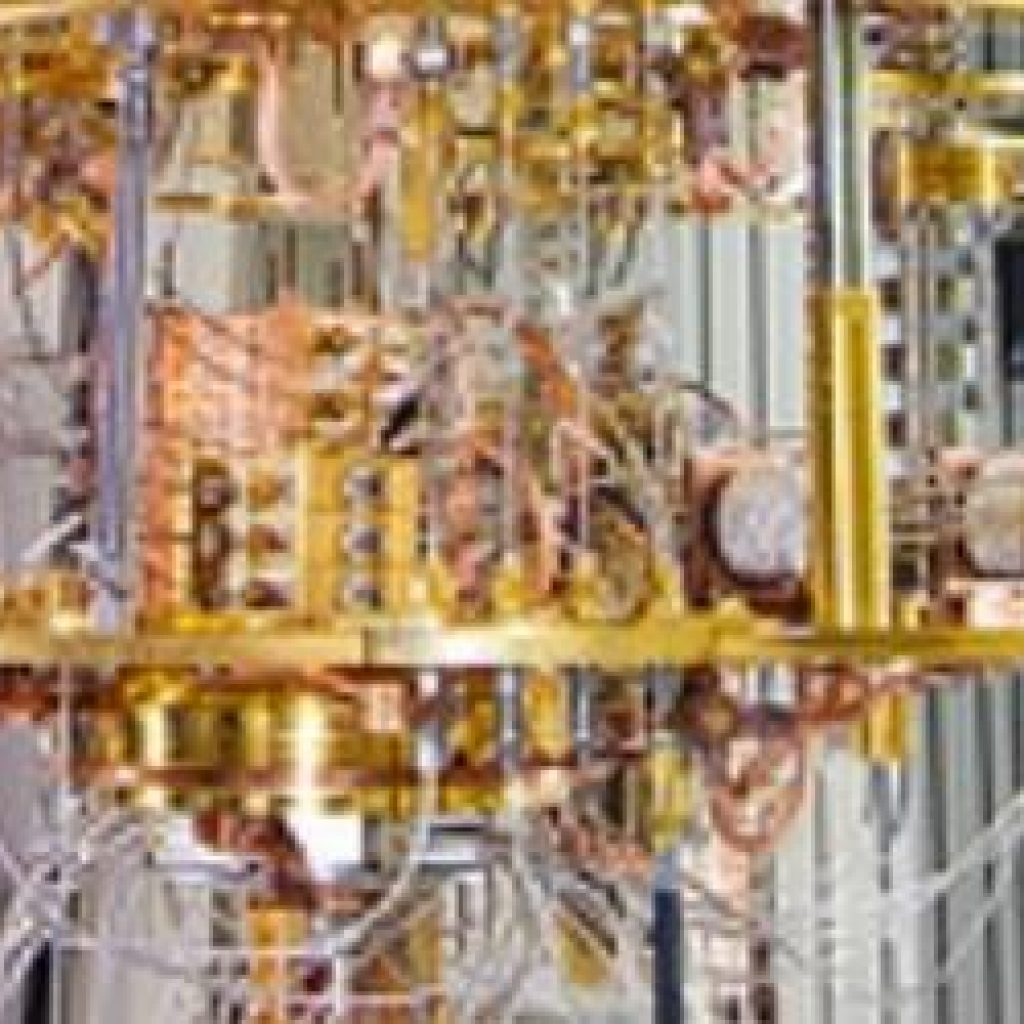(AsianScientist) Dr. Christine Ouyang, distinguished engineer, IBM Q Network Technical Partnership and Systems Strategies, is the interviewee for a wide-ranging discussion with author/managing editor Rebecca Tan, PhD. Dr. Ouyang discusses the soft side of quantum computing in terms of culture change, “If you think about the cloud or artificial intelligence, adopting these emerging technologies requires organizations to have a certain culture and a set of skills,” she said. “It usually takes decades for enterprises to fully embrace new technology.”
Recognizing the non-intuitiveness of programming for quantum computers and the need for cultural change, IBM has since 2016 made quantum computing available for free through its cloud-based IBM Q Experience. Over the past two years, IBM’s five-qubit and 16-qubit systems have been used by over 100,000 people, including not only scientists and developers but also students.
Some of the first practical use cases could well come from Asia, where institutions and companies have been working closely with IBM Q researchers. Japan’s Keio University, for example, is home to IBM’s first commercial hub in Asia, and has helped to bring together partners such as chemical company JSR, Mitsubishi UFJ Financial Group, Mizuho Financial Group and Mitsubishi Chemical to develop quantum applications for business. “We are working with many industry leaders and universities in the region to apply quantum computing technology, as well as build skills, and at the same time build a market for quantum,” Ouyang said.
IBM’s Ouyang Discusses ‘Soft Side’ of Quantum Computing, Culture Change, and First Practical Uses
